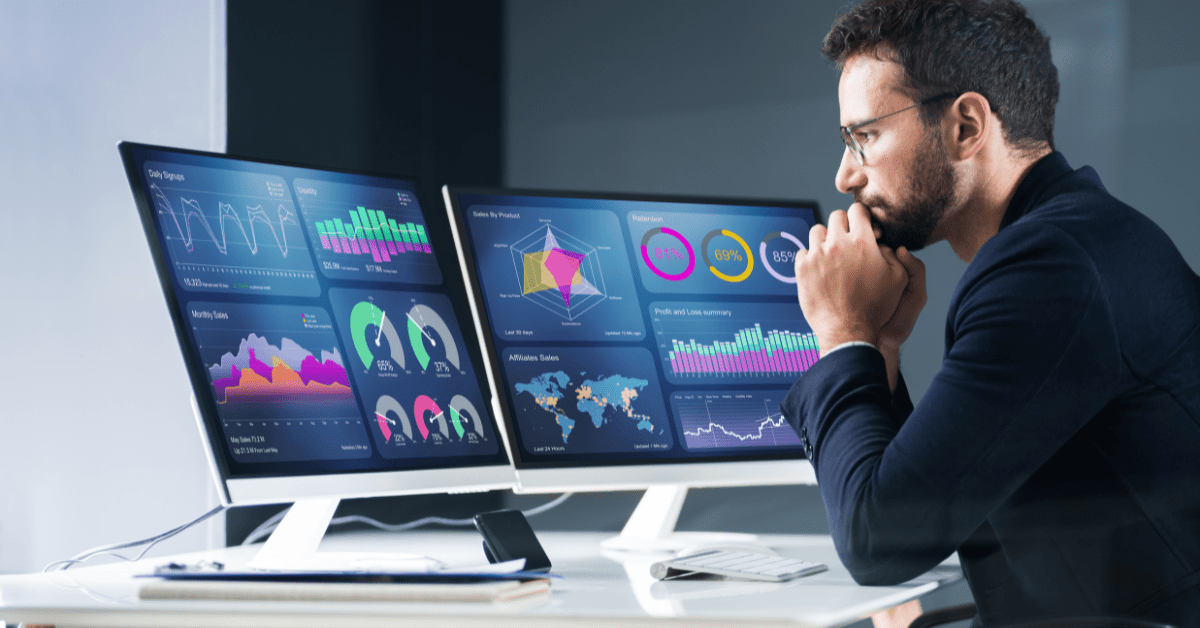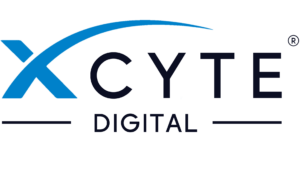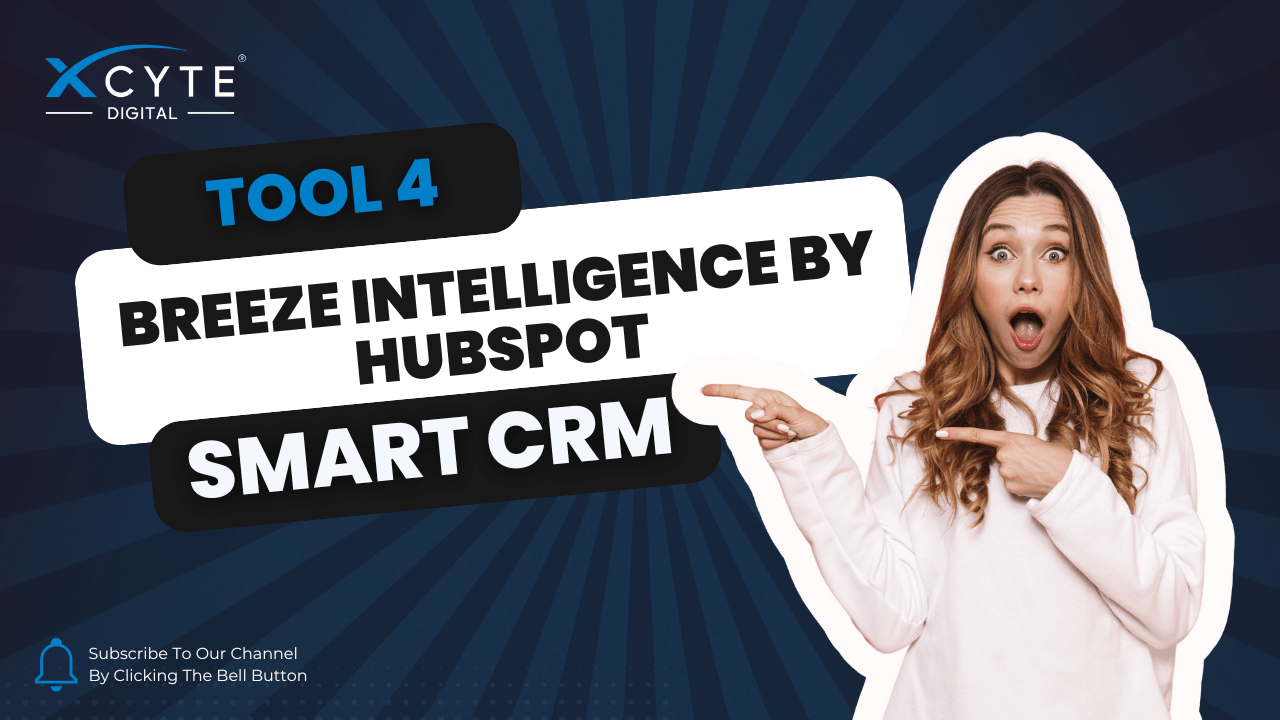
AI in Event Measurement: Leveraging Technology for Better ROI
The event industry has evolved dramatically in recent years, especially with the advent of artificial intelligence (AI). From seamless event planning to data-driven insights, AI has become an indispensable tool in optimizing event measurement, allowing organizers to gain a deeper understanding of their events and improve return on investment (ROI). As event professionals strive to prove the value of their work, AI is helping them not only meet but exceed expectations.
In this blog, we’ll explore how AI is revolutionizing event measurement and how event organizers can leverage this technology to maximize their ROI.
Understanding Event ROI
Event ROI is a key metric that helps organizations evaluate the success of an event. It goes beyond just ticket sales or attendee numbers. It includes a comprehensive assessment of the event’s impact on brand awareness, engagement, sales, lead generation, and overall business outcomes. Traditionally, event organizers relied on basic methods like surveys, post-event reports, and manual tracking of leads to gauge success. However, these approaches often provide limited insights, are time-consuming, and lack real-time data for quick decision-making.
This is where AI-driven solutions come into play.
AI-Driven Event Measurement: How It Works
AI-powered tools and analytics platforms collect and analyze large volumes of data from multiple sources, allowing organizers to measure event success with greater accuracy. AI helps track attendee behavior, engagement, social media interactions, and more, offering a 360-degree view of an event’s performance. Some key areas where AI enhances event measurement include:
1. Real-Time Analytics and Data Collection
AI enables real-time data collection, which is invaluable for measuring attendee behavior as it happens. For instance, AI can track which sessions were the most popular, how long attendees stayed at booths or exhibits, and which areas of the event received the most traffic. This data can then be used to optimize future events and improve attendee experiences.
By leveraging AI tools like Bizzabo, which offers AI-driven analytics, event organizers can access key insights that help them make data-backed decisions in real time. As Michelle Greene, Event Strategist and Founder of Event AI Solutions, puts it, “AI is revolutionizing the event industry by providing insights that were previously unattainable. It’s no longer about just counting attendees; it’s about understanding their behavior and preferences in real time.”
With tools like Hubilo, which also leverages AI to analyze attendee movement, event professionals can adjust event layouts or session timing based on what’s most engaging for attendees, ultimately improving ROI.
2. Enhanced Attendee Engagement Tracking
Tracking attendee engagement is a critical element of measuring event success. AI can analyze attendee interactions across various touchpoints, including app usage, social media engagement, booth visits, and session attendance. AI can identify trends in engagement levels, uncover which content resonates with attendees, and pinpoint areas of the event that need improvement.
For example, Grip, an AI-powered event networking platform, uses machine learning algorithms to match attendees with relevant content and other attendees. This technology enhances attendee satisfaction, which directly correlates with event ROI. As John Montgomery, Chief Data Officer at NextGen Events, notes, “Data is the backbone of modern event planning, and AI is the spine that holds it all together. By leveraging AI, event organizers can make smarter decisions, optimize experiences, and measure ROI with precision.”
By understanding attendee preferences and behaviors, organizers can adjust marketing strategies, personalize experiences, and increase the likelihood of repeat attendees at future events.
3. Sentiment Analysis
Understanding attendee sentiment before, during, and after the event is crucial for measuring success. AI can be used to analyze social media posts, online reviews, and feedback surveys to determine how attendees felt about the event. By analyzing sentiment, AI can provide insights into what went well and what needs improvement.
AI tools such as Social Tables scan thousands of social media posts and comments to segment positive, negative, and neutral sentiment. This analysis gives event organizers a comprehensive overview of attendee satisfaction. Sentiment analysis offers real-time feedback, enabling organizers to make immediate adjustments to enhance the event experience. As Greene highlights, sentiment analysis can be a game-changer for identifying what truly resonates with audiences.
4. Lead Generation and Conversion Analysis
For corporate events, trade shows, and conferences, one of the main objectives is to generate quality leads and measure how they convert into sales. AI can help track and measure lead generation throughout the event by analyzing data from interactions, conversations, and engagement at various touchpoints. By tracking each attendee’s journey from booth visits to networking sessions, AI can assess how likely each lead is to convert into a sale.
AI tools like Zoho CRM can integrate with event platforms to track attendee interactions and help marketers personalize follow-up messages. By analyzing lead behavior, AI can identify the most promising prospects and increase conversion rates, ultimately boosting event ROI.
By better understanding which leads are most likely to convert, event organizers can focus their efforts where they will have the most significant impact.
5. Event Personalization
One of the most powerful ways AI enhances event measurement is through personalization. AI algorithms can collect data about an attendee’s interests, preferences, and past interactions and use this information to create personalized experiences. For example, personalized session recommendations, networking opportunities, and targeted content can enhance the attendee experience, leading to higher engagement levels and greater satisfaction.
Personalization also extends to marketing efforts before and after the event. AI can identify which marketing messages or offers resonate most with specific groups of attendees, allowing organizers to tailor their communications. Grip, for instance, is an excellent example of how AI-driven networking and matchmaking can create a more personalized experience for attendees. By increasing satisfaction and relevance, personalization can drive greater ROI.
Maximizing ROI with AI-Driven Insights
By leveraging AI for event measurement, organizers can gain access to a wealth of insights that help improve both the attendee experience and the bottom line. AI-driven event measurement tools allow for data-driven decision-making, enabling organizers to:
- Optimize Future Events: By analyzing performance metrics from past events, AI can identify areas for improvement, helping event organizers make informed decisions that improve ROI.
- Improve Marketing and Promotions: AI can help determine which marketing tactics are most effective, allowing event organizers to target the right audience with the right messaging, increasing attendance and engagement.
- Enhance Networking Opportunities: AI can analyze attendee data to match people with similar interests, increasing networking opportunities and improving attendee satisfaction.
- Increase Lead Conversion: By tracking attendee behaviors and interactions, AI can pinpoint which leads are most likely to convert into customers, allowing organizers to focus on high-potential leads.
- Provide Real-Time Adjustments: AI enables real-time data collection and predictive analytics, allowing event organizers to make data-driven decisions that improve the event experience while it’s happening.
In an increasingly competitive industry, AI is a game-changer, offering event planners the ability to demonstrate the true value of their events, refine their strategies, and drive better business outcomes. By integrating AI into event measurement strategies, organizations can stay ahead of the curve and ensure their events are as successful as possible.
Tags:
Read More:
- All Post
- AlgoMind
- Design
- Event Technology Trends
- NeurAgency




